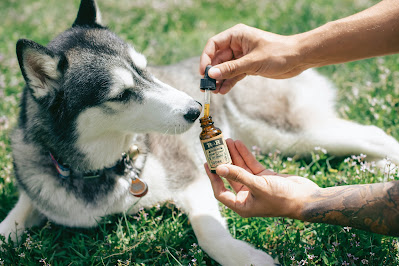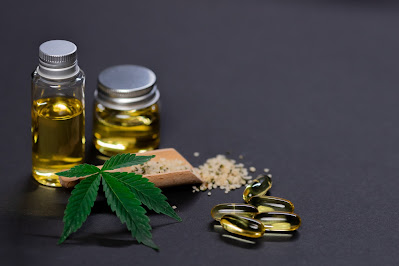Collagen is one of the hottest supplements in the health and wellness world right now. This structural protein can provide wide-ranging benefits for your skin, joints, gut health, and more when consumed. Read on to learn how adding a collagen supplement into your daily routine may support overall wellbeing.
What is Collagen?
Collagen is the most abundant protein in the human body, making up 30% of total protein content[1]. It forms a structural network under the skin and tissues that provides firmness, strength, and flexibility. Collagen also supports intestinal health, cardiovascular function, hair growth, nail strength, liver health and bone health[2].
Our bodies produce less and less collagen as we age. After age 25, collagen production declines by 1% per year[3]. Supplementing with a bioavailable collagen peptide powder can help compensate for this natural decline.
5 Science-Backed Benefits of Collagen.
Here are some of the top researched health perks of taking a daily collagen supplement:
Skin Elasticity and Hydration
Several studies have found that collagen hydrolysate improves skin hydration, elasticity and dermal collagen density[4]. By “plumping up” the skin, fine lines and wrinkles look reduced.
Joint Discomfort
The glycine in collagen can deactivate inflammatory cytokines to help ease joint inflammation and discomfort[5]. Athletes have reported reduced joint pain when adding collagen protein to their diets[6].
Gut Health
Collagen protein contains the amino acids glycine, glutamine and arginine that can “seal and heal” the protective intestinal wall to support healthy digestion[7].
Bone Density
The amino acids lysine, methionine and proline in collagen promote bone matrix formation to maintain healthy bone mineral density as we age[8].
Heart Health
Glycine has also been shown to protect against atherosclerosis and lower inflammation that leads to heart disease[9].
Well... wrapping up!
Picking a Collagen Supplement
When comparing collagen supplements, look for types I and III bovine or marine collagen peptides for optimal bioavailability. Third party testing for purity is also essential. Many collagen powders can simply be stirred into coffee, smoothies and baked goods. Get creative with adding this healing protein into your diet to boost overall wellness!
References:
[1] Lodish, H. (2000). Molecular Cell Biology. 4th edition. New York: W. H. Freeman.
[2] Clark, K.L., Sebastianelli, W., Flechsenhar, K.R., Aukermann, D.F., Meza, F., Millard, R.L., Deitch, J.R., Sherbondy, P.S., Albert, A. (2008). 24-Week study on the use of collagen hydrolysate as a dietary supplement in athletes with activity-related joint pain. Current Medical Research and Opinion, 24(5), 1485-1496.
[3] Varani, J. (2001). Decreased collagen production in chronologically aged skin: roles of age-dependent alteration in fibroblast function and defective mechanical stimulation. The American Journal of Pathology, 168(6), 1861–1868.
[4] Proksch, E., Segger, D., Degwert, J., Schunck, M., Zague, V., Oesser, S. (2014). Oral supplementation of specific collagen peptides has beneficial effects on human skin physiology: a double-blind, placebo-controlled study. Skin Pharmacology and Physiology, 27(1), 47-55.
[5] Wu, Y. (2018). Dietary glycine and threonine deficiency exacerbates joint inflammation and cytokine production in collagen-induced arthritis mice. The Journal of Nutritional Biochemistry, 56, 186-195.
[6] Clark, K.L., Sebastianelli, W., Flechsenhar, K.R., Aukermann, D.F., Meza, F., Millard, R.L., Deitch, J.R., Sherbondy, P.S., Albert, A. (2008). 24-Week study on the use of collagen hydrolysate as a dietary supplement in athletes with activity-related joint pain. Current Medical Research and Opinion, 24(5), 1485-1496.
[7] Demigné, C. (2008). Protective effects of dietary cysteine and glutathione on intestinal tight junctions: Involvement of the miR-21 pathway. The Journal of Nutritional Biochemistry, 64(1) 20-28.
[8] Guillerminet, F. (2010). Hydrolyzed collagen improves bone metabolism and biomechanical parameters in ovariectomized mice: An in vitro and in vivo study. Bone, 46(3), 827-834.
[9] Elshorbagy, A.K. (2018). Cysteine and obesity: consistency of the evidence across epidemiologic, animal and cellular studies. Nutrition Reviews, 75(1) 49-57.






























